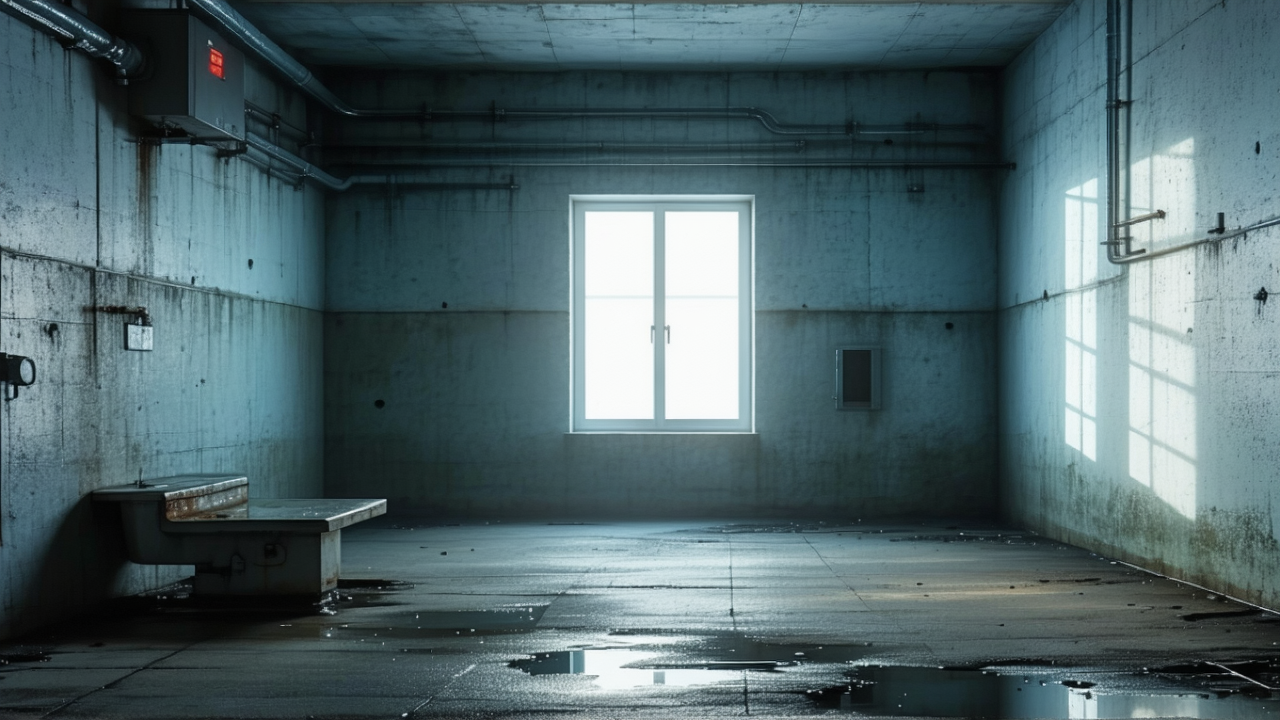At-Risk Invercargill Prisoners Still Placed in Dry Cells Despite Warnings
At-Risk Invercargill Prisoners Still Placed in Dry Cells Despite Warnings
Despite repeated warnings and international human rights standards, at-risk prisoners in Invercargill are still being placed in dry cells — stark, windowless rooms with no toilet or drinking water. This practice, which has continued since 2019, has drawn sharp criticism from watchdogs, advocacy groups, and even former prisoners who describe it as inhumane and akin to conditions from the 'dark ages.'
A Breach of International Standards
In 2019, then-Chief Ombudsman Peter Boshier found that placing at-risk prisoners in dry cells violated the United Nations Standard Minimum Rules for the Treatment of Prisoners, commonly known as the Nelson Mandela Rules. These rules emphasize the dignity and humane treatment of all prisoners, including those with mental health or other vulnerabilities.
According to data obtained under the Official Information Act, since 2019, at-risk prisoners in Invercargill have been placed in dry cells at least 14 times. On 13 of those occasions, the safer cells — designed specifically for at-risk individuals — were full. Most of these incidents occurred in 2023, with the most recent in November 2024.
'Safer Cells' Are Full — What's the Alternative?
Corrections officials explain that the safer cells, which are part of the Intervention and Support Unit (ISU), are designed to be free of ligature points and allow for close monitoring and access to specialist care. However, when these cells are full, staff are reportedly left with no choice but to place at-risk prisoners in dry cells, despite the known risks.
Deputy Commissioner for Men's Prisons Neil Beales stated, “Nobody is saying that is optimal and preferable, but unfortunately it's unavoidable in those circumstances.” He added that the duration of stays in dry cells varies — sometimes overnight, sometimes just a few hours — and that prisoners are still closely monitored and have access to specialized care.
Watchdogs and Advocacy Groups Condemn the Practice
Multiple watchdogs have raised concerns about the use of dry cells for at-risk prisoners. In 2019, Boshier noted that Invercargill Prison's safer cells were full, and two at-risk prisoners were placed in dry cells with cardboard receptacles instead of a toilet. This, he said, violated Rule 15 of the Nelson Mandela Rules, which mandates that sanitary installations be adequate for prisoners.
In 2021, Boshier again warned against the practice, stating that dry cells are “a desolate and barren environment” for already vulnerable individuals. The Office of the Inspectorate also raised concerns in 2023, noting that dry cells were being used outside their intended purpose due to a lack of available safer cells.
'Inhumane' Conditions Draw Sharp Criticism
Amnesty International New Zealand director Lisa Woods called the continued use of dry cells an “utter failure” of the criminal justice system, stating that it goes against international human rights standards. She emphasized that everyone has a right to dignity, and that the system is “utterly broken.”
Howard League for Penal Reform spokesperson Cosmo Jeffery, who was once placed in a dry cell himself in the early 2000s, described the conditions as “totally inhumane” and “going back to the dark ages.” He criticized the lack of action to prevent the continued use of dry cells for at-risk prisoners.
Pressure on Mental Health Care and Cell Space
Beales acknowledged that the number of prisoners arriving at Invercargill Prison with significant mental health, drug, and alcohol issues has increased. He said that managers are doing everything possible to avoid using dry cells, but when safer cells are full, there is no alternative.
Corrections has not expanded the number of safer cells in Invercargill due to the aging infrastructure of the prison. Instead, the department has focused on investing in new facilities elsewhere, such as the recent opening of 500 new high-security beds at Waikeria Prison and 96 dedicated mental health and addiction beds.
Beales said that whether dry cells will continue to be used for at-risk prisoners in Invercargill will depend on capacity. He emphasized that the department must balance the safety of prisoners and staff with the limited resources available.
As the debate over prison conditions intensifies, advocacy groups and watchdogs continue to call for a systemic review of how at-risk prisoners are treated, arguing that the current practices are not just inhumane, but a failure of the justice system to uphold basic human rights.
